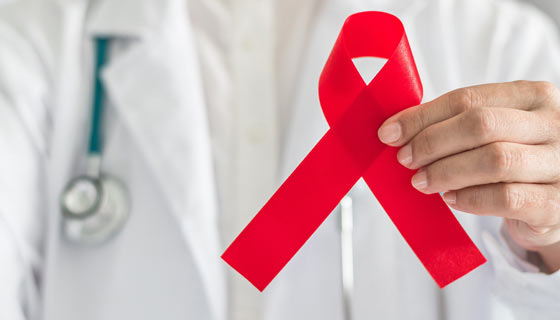Africa recording remarkable reductions in HIV infections and deaths – WHO

The World Health Organization (WHO) has reported significant progress in reducing new HIV infections and AIDS-related deaths across Africa, marking a major achievement in the continent's fight against the epidemic. In a statement on Friday, November 29, to commemorate World AIDS Day under the theme “Take the Rights Path: My Health, My Right,” WHO Regional Director for Africa, Dr. Matshidiso Rebecca Moeti, shared updates on global HIV trends. For the first time in 2023, new HIV infections were higher outside sub-Saharan Africa, while the African region continues to lead in achieving the 95-95-95 UNAIDS targets for HIV testing, treatment, and viral suppression.
Dr. Moeti noted that seven African countries have met these targets, with the region reaching an overall score of 90-82-76. Over 21.3 million people in Africa are now receiving antiretroviral treatment, contributing to increased life expectancy. She also highlighted Botswana’s silver tier status and Namibia’s bronze tier status for significantly reducing mother-to-child HIV transmission rates, aligning with the “Path to the elimination of HIV” indicators set in 2017. The region has advanced in biomedical HIV prevention methods, including pre-exposure prophylaxis (PrEP). Countries are increasingly adopting oral and injectable PrEP as well as the dipivefrine vaginal ring to enhance access to prevention tools.
Despite these accomplishments, Dr. Moeti emphasized ongoing challenges, stressing that scientific progress must translate into universal access. She called for greater investment, policy reforms, and an end to stigma and discrimination to ensure equitable healthcare access for everyone, regardless of HIV status, background, gender, or location. “We must safeguard human rights and ensure healthcare is free from discrimination,” she stated, urging community involvement in shaping interventions to address human rights-related barriers.
However, Africa’s HIV response is complicated by rising disease outbreaks that strain already overburdened health systems. Dr. Moeti emphasized the need to accelerate efforts, strengthen health systems, and adopt integrated, person-centered approaches to meet the needs of vulnerable populations. She concluded, “While we celebrate progress, we must renew our commitment to ending HIV. Protecting the right to health and reducing infections will pave the way for an AIDS-free generation and ensure the sustainability of the HIV response.”